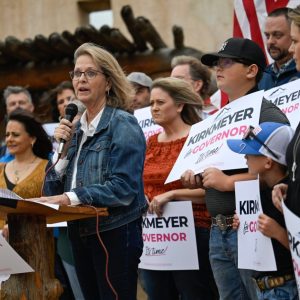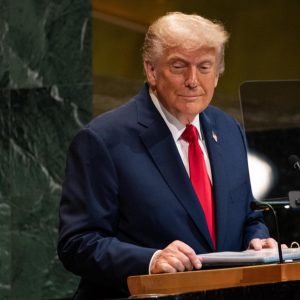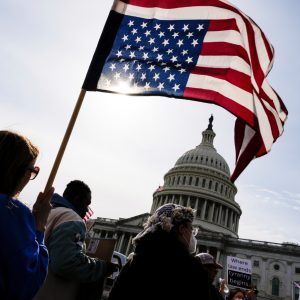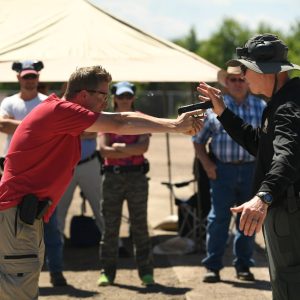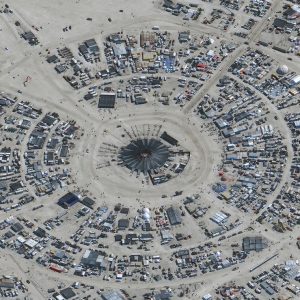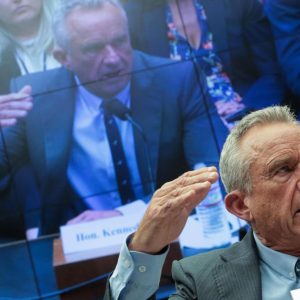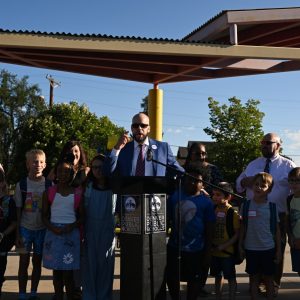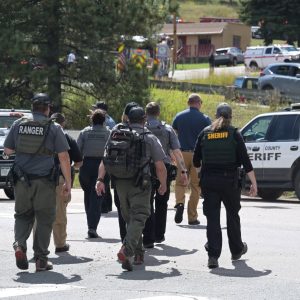Jews across the world are preparing to celebrate Rosh Hashanah, the Jewish New Year. As the holiday that marks and celebrates the creation of the world, it is a time to reflect on the current state of the world. This year, that reflection feels especially heavy.
Our community is still reeling from the recent school shooting in Evergreen and the assassination of Charlie Kirk. The shock and grief are heavy. These tragedies remind us of how vulnerable we are–and how quickly violence can shatter the lives of families and communities.
An ancient passage in the Talmud (Bava Batra 25a) offers a haunting metaphor for this vulnerability: “The world is similar to a building, enclosed on three sides, and the northern side of the world is not enclosed.” The sages imagined the world itself as a structure left open to the north, a reminder that there are always cracks through which danger, chaos, and suffering can enter.
This image echoes a verse from the prophet Jeremiah: “From the north shall disaster break loose upon all the inhabitants of the land” (Jeremiah 1:14). The Bible acknowledges what we feel so acutely in moments like this: there is no perfect safety. For reasons we may never fully understand, the world carries within it openings where pain can break through.
But Jewish tradition also provides a way for us to begin fortifying that opening and protecting ourselves from vulnerability. One teaching centers on the ancient ritual of Bikkurim, the offering of the first fruits. Farmers would bring the first produce of their fields to the Temple in Jerusalem as an act of gratitude. But according to tradition, this ritual could not begin until every single family in the nation had received its portion of land. In other words, no one was permitted to celebrate until everyone was able to participate. Joy was incomplete if even one family was left out.
This is a powerful teaching about interconnectedness. It reminds us that our well-being is bound up with the well-being of others, and that true celebration, true safety, and true healing can only exist when everyone shares those benefits.
That message speaks powerfully in light of recent events. On one level, the pain and shock we felt reminds us that we are connected–what happens in someone else’s backyard does affect me. On the other hand, these tragedies also reveal the fractures in our society, the lack of interconnectedness, where all that seems to matter is my satisfaction, my opinion, and my way of life.
If we are to heal as a community and as a country, we must reclaim that sense of interconnectedness and responsibility for one another. We must refuse to let our shared home remain open to chaos and despair. We can begin to close that open side–one person at a time, one congregation at a time, one community at a time.
Through our deeds of kindness, justice, and connection, we help close the openings through which pain seeps into the world–and in doing so, we bring blessing not only to ourselves, but to all who share this fragile, beautiful home.
As we enter Rosh Hashanah, may this New Year be a year of healing, safety, and renewed connection–for our community, our country, and our world.
Barry Gelman is Rabbi of The Denver Kehillah and a member of the executive committee of the Rocky Mountain Rabbis and Cantors (RMRC)
Sign up for Sound Off to get a weekly roundup of our columns, editorials and more.
To send a letter to the editor about this article, submit online or check out our guidelines for how to submit by email or mail.
